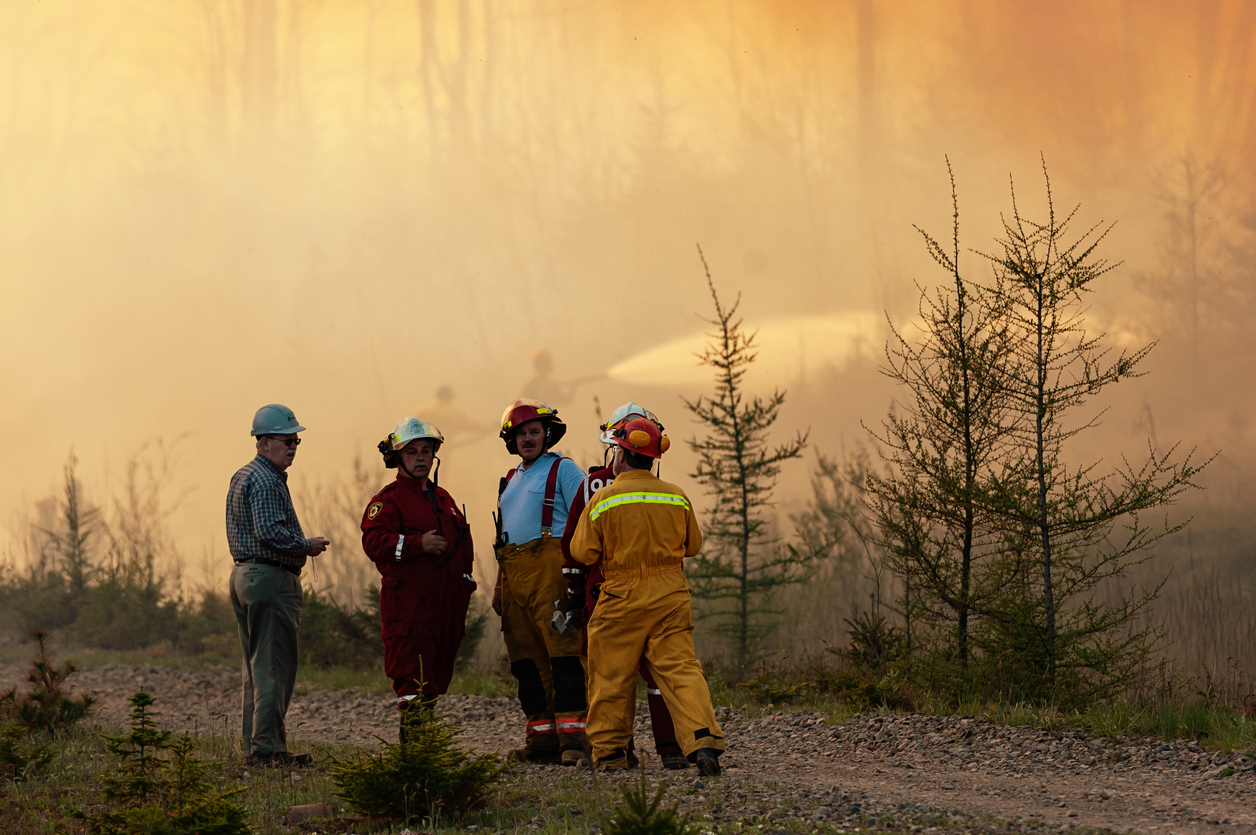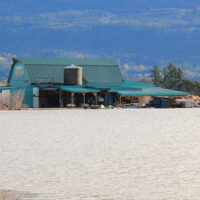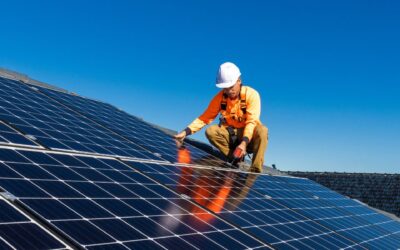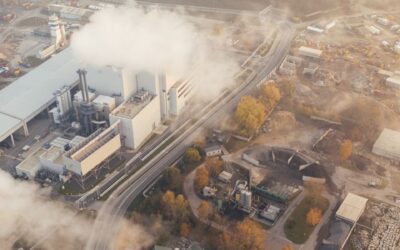Originally published in Maclean’s.
Governments and corporations have largely cast climate change as an environmental issue. Even in 2022, they rarely factor its economic toll into their decisions. And many individual Canadians think the same way. They’re still not connecting the rising cost of living to climate change, but evidence of this link is everywhere. Last year, record torrential rains submerged Vancouver, disrupting the $550 million worth of daily cargo that moves through the massive port, for months on end. Canadian homeowners have spent 42 per cent more on their home insurance premiums in the past decade as a direct result of climate change–related damage to properties. (Customers in Alberta, which is particularly vulnerable to wildfires, experienced a 140 per cent increase.) And climate change is also partly responsible for the grocery price tags we’re seeing now. Last year, extreme weather raised global food prices by 28 per cent. These kinds of expenses will just keep coming: according to my firm’s research, by 2025, Canadians could lose an average of $700 from their annual household income due to climate change–related factors alone.
Canada recently increased its previous emissions-reductions target—from 36 to 40–45 per cent by 2030—but the government needs to develop more aggressive policies to meet it. We still don’t have a national clean-electricity standard. And our carbon price policy may be world-leading, but it should be increased to reflect the full cost of the country’s emissions output.
Canadians also need more readily available information about environmental risks so they can anticipate related expenses in their day-to-day lives. Climate change is barely reflected in Canadian housing prices, for example, even in areas that have a high likelihood of flooding. Federal and provincial governments need to introduce policies that require the disclosure of climate-risk information for any property prior to sale. Homes should be built with materials and layouts that reduce energy consumption, and older homes will need to be retrofitted with the same goal in mind. Once a sale is completed, new owners might consider hiring an energy auditor to inspect their properties and make recommendations to reduce their energy costs and overall carbon footprint.
Policy-makers need to factor climate change into their tangible infrastructure decisions, like building new public roads that can handle more frequent freeze-thaw cycles. But some of climate change’s economic consequences are much more difficult to quantify. Power outages decrease worker productivity. Poor air quality increases the number of hospital visits due to respiratory illnesses. And the existential threat of environmental disaster has even given rise to a new mental health issue called “eco-anxiety.” To offset these health and productivity costs, the government needs to provide more extensive and equitable access to hospitals and mental health professionals. All of these measures—concerning infrastructure and otherwise—are added costs that will have to be covered by the government or taxpayers themselves.
Some of these things will be costly in the short term, but there’s plenty of evidence to suggest Canadians will reap significant benefits in the long run. According to analysis by the Canadian Climate Institute, if the world limits its warming and keeps its emissions low until 2100, climate change–related costs to Canada’s GDP would be cut in half. Looking at it another way, GDP costs will double if it doesn’t.
Extreme weather events are now hitting us with alarming regularity. The country’s most expensive disaster to date was the Fort McMurray wildfire in 2016, which caused $9 billion in damage. But it’s also the slow increases showing up in our heating and produce bills. It’s the physical damage to our homes and public facilities. If Canadians continue to delay our efforts, these costs will only get worse.








